About Publications Library Archives
heritagepost.org

Preserving Revolutionary & Civil War History

Preserving Revolutionary & Civil War History
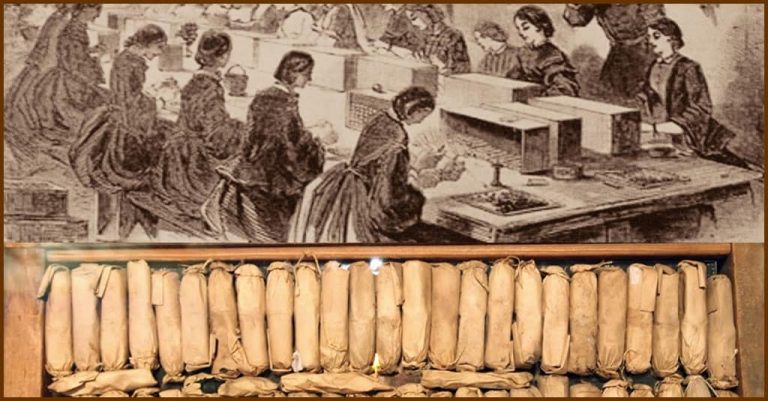
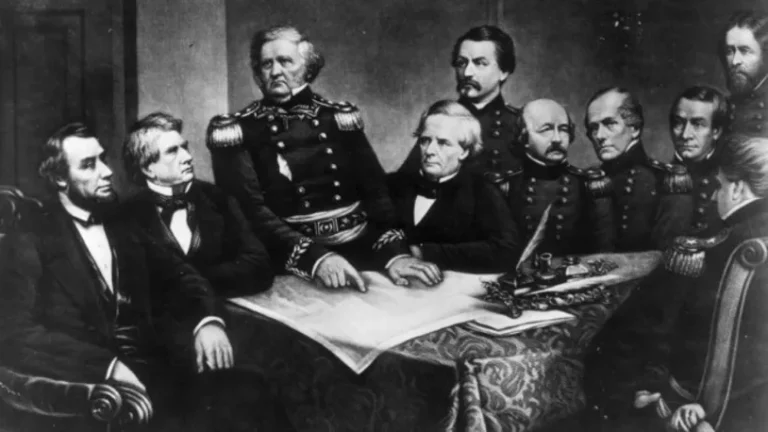
The Revenue Act of 1861, formally cited as Act of August 5, 1861, Chap. XLV, 12 Stat. 292, included the first U.S. Federal income tax statute (see Sec.49). The Act, motivated by the need to fund the Civil War, imposed an income tax to be “levied, collected, and paid, upon the annual income of every person residing in the United States, whether such income…

Alexander William Campbell (June 4, 1828 – June 13, 1893), was a Confederate States Army Brigadier General during the American Civil War. He was a lawyer in Tennessee before and after the war, mayor of Jackson, Tennessee, 1856, and an unsuccessful candidate for the Democratic Party nomination for governor of Tennessee in 1880. Early life Alexander William Campbell…
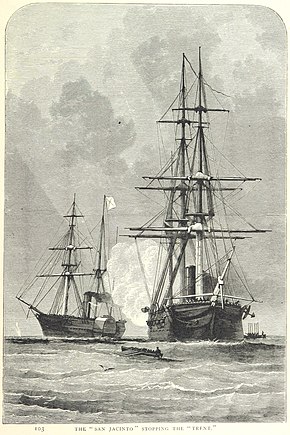
In accordance with the authority conferred by this Congress, the Confederate President appointed John Slidell and James M. Mason diplomatic agents in October 1861, with the power to enter into conventions for treaties with England and France. They were commissioned to secure from these European powers recognition of the Confederate government as a nation, based…

There were instances of misconduct in Abraham Lincoln’s administration, especially in the War Department and the army. And there were scandals, too, though none was ever linked to the President himself or to any member of his official family except for Simon Cameron, the first Secretary of War. Historians regard much of the administrative irregularities…
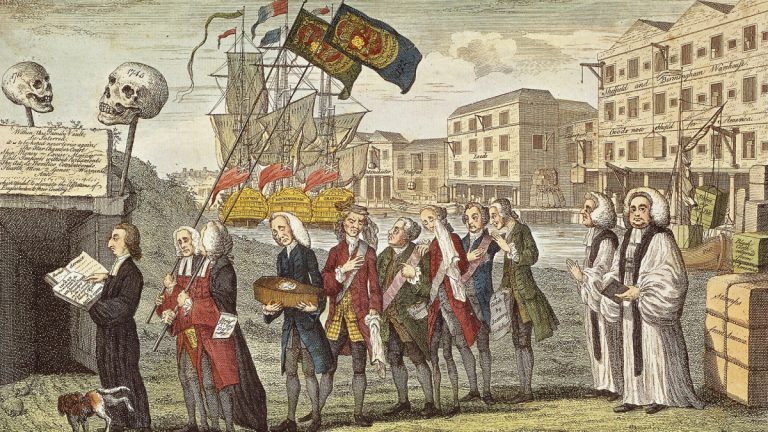
February 24, 1761 INTRODUCTION By 1760 the British seemed poised for victory in the French and Indian War. But as the expense of the war weighed on the British treasury, Parliament eyed the North American colonies as a source of revenue. To increase the payment of taxes on imports and curtail rampant smuggling, customs officials…
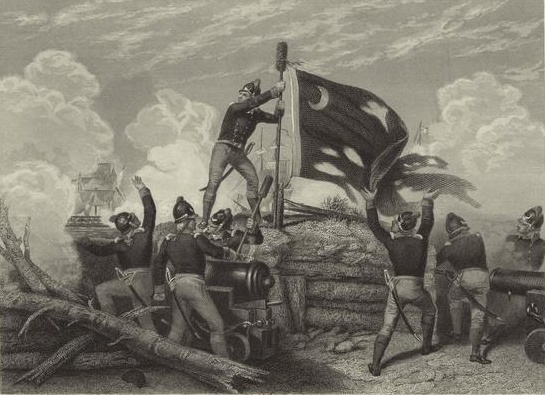
Sergeant William Jasper (c. 1750 – Oct. 9, 1779) of the 2nd South Carolina Regiment fought at the Battle of Fort Sullivan, South Carolina, on June 28th, 1776. His daring and courageous action that day was recorded by those present, later subjected to the romantic pen of 19th century historians. Like many who fought in militias, Sergeant…
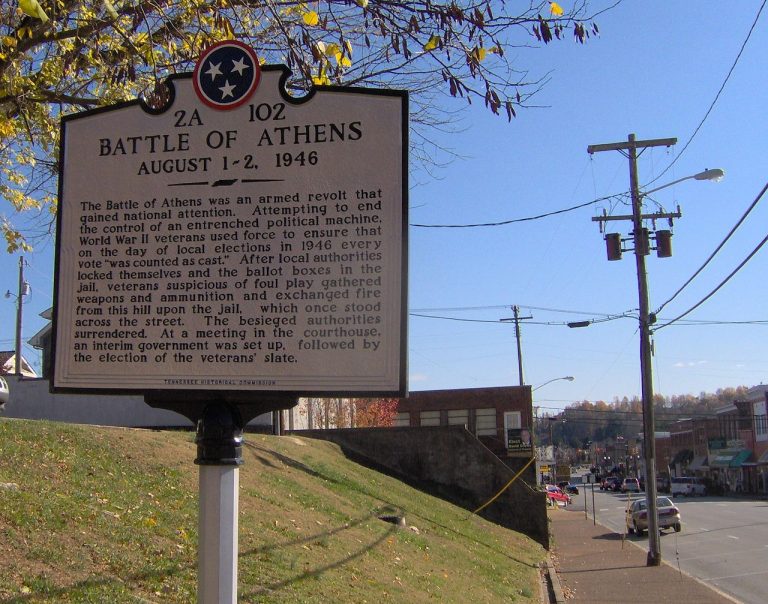
The Battle of Athens (sometimes called the McMinn County War) was a rebellion led by citizens in Athens and Etowah, Tennessee, United States, against the local government in August 1946. The citizens, including some World War II veterans, accused the local officials of political corruption and voter intimidation. The event is sometimes cited by firearms…

On 3 September 1857, 477 passengers and 101 crew left the Panamanian port of Colón, sailing for New York City under the command of William Lewis Herndon. The ship was heavily laden with 10 short tons (9.1 t) of gold prospected during the California Gold Rush. After a stop in Havana, the ship continued north. On 9 September 1857, the ship was caught up in a Category…

The Aitken Bible and Congress Prior to the American Revolution, the only English Bibles in the colonies were imported either from Europe or England. Publication of the Bible was regulated by the British government, and an English language Bible could not be printed without a special license from the British government; all English language Bibles…